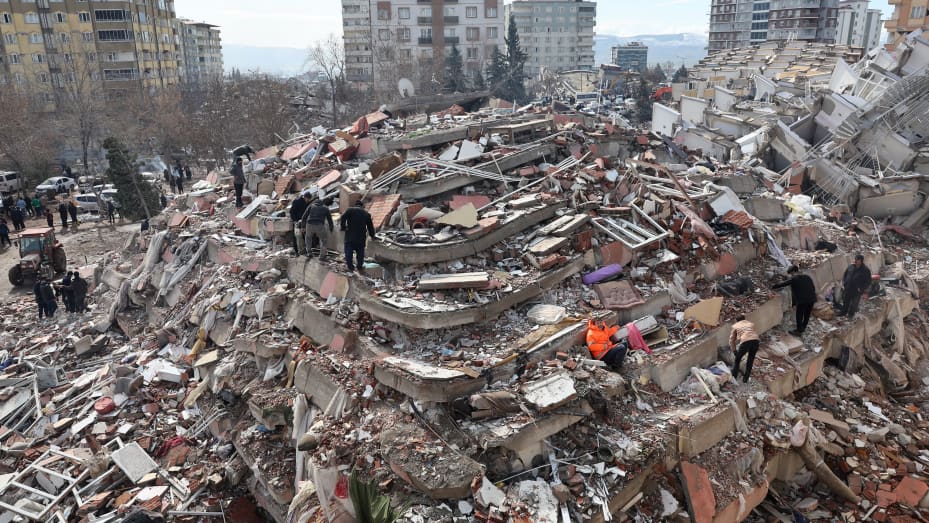News
Earthquakes in Turkey Impact

Earthquakes are a common phenomenon in many parts of the world, including Turkey. The country is located on the boundary of two major tectonic plates, the African and Eurasian plates, making it highly susceptible to seismic activity.
Over the past century, Turkey has experienced numerous earthquakes of varying magnitudes, causing widespread damage and loss of life. The most recent and devastating earthquake in Turkey occurred on January 24, 2020, with a magnitude of 6.8. The earthquake struck the eastern province of Elazig and its surrounding areas, killing 41 people and injuring over 1,600 others.
In addition to causing physical damage, earthquakes can also have significant economic impacts. In Turkey, the cost of rebuilding damaged infrastructure and homes after an earthquake can be substantial, putting a strain on the country’s economy. In the aftermath of the 2020 earthquake in Elazig, the Turkish government announced a financial aid package worth millions of Turkish liras to help with the reconstruction effort.
To mitigate the risk of earthquake damage, Turkey has implemented a number of measures over the years. For example, many new buildings in the country are now constructed with seismic-resistant design and materials to better withstand the impact of earthquakes. In addition, regular earthquake drills are held in schools and other public buildings to educate the public about what to do in the event of an earthquake.
However, despite these efforts, the threat of earthquakes in Turkey remains high. To further reduce the risk, the Turkish government is working with international organizations and experts to improve building codes and earthquake-resistant construction practices. The government is also investing in technology to enhance its ability to detect and respond to earthquakes more effectively.
In conclusion, earthquakes are a persistent and potentially devastating threat in Turkey. While the country has made significant efforts to reduce the risk of earthquake damage, the threat remains high and requires ongoing vigilance and investment to protect its citizens and infrastructure.
